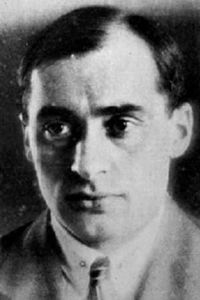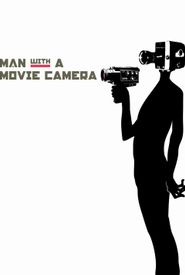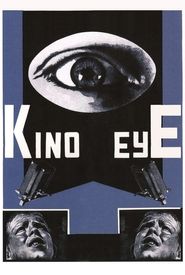Mikhail Kaufman, a prominent figure in the realm of Soviet cinematography and photography, left an indelible mark on the film industry. Upon his return from the Russian Civil War, which had ravaged the country in the 1920s, his brother, the illustrious director Dziga Vertov, extended a cordial invitation to Kaufman to join forces on his pioneering newsreel series, Kino-Pravda, in the capacity of a highly skilled and accomplished cameraman.
The esteemed career of Kaufman, a master of his craft, is replete with a plethora of credits, including the direction of photography on several films, one of which is the iconic Man with the Movie Camera, a cinematic masterpiece that exemplifies the pinnacle of meta-reference, boasting a dazzling array of innovative visual effects that defy the conventions of traditional filmmaking.
In this groundbreaking film, Kaufman takes on the role of a cameraman, showcasing his unbridled daring and creativity as he captures scenes from precarious positions, pushing the boundaries of what is considered possible, and thereby redefining the limits of cinematic storytelling.
With his camera at the ready, Kaufman is seen walking on high bridges, his footing precarious, yet his focus unwavering, as he captures the majesty of the cityscape unfolding before him. He is seen hanging off the side of a train, the wind whipping through his hair, as he trains his lens on the passing landscape, capturing the thrill of the ride.
He is seen climbing a smokestack, his hands and feet finding holds in the rough concrete, as he ascends higher and higher, his camera capturing the industrial landscape unfolding below. And he is seen crawling underground with miners, the darkness illuminated only by the flickering light of his camera, as he captures the camaraderie and camaraderie of the men working together in the depths of the earth.
Throughout this cinematic odyssey, Kaufman's passion for his craft is evident, his dedication to capturing the perfect shot driving him to take risks and push the boundaries of what is possible, resulting in a film that is at once a testament to his skill and a celebration of the art of filmmaking.
Beyond his acclaimed contributions to the groundbreaking film Man with the Movie Camera, Dziga Vertov's protégé, Mikhail Kaufman, embarked on a remarkable journey as a director, crafting three feature-length motion pictures that showcased his unique vision and artistic flair. The first of these cinematic endeavors was Moscow, a 1927 production that captured the essence of the Russian capital city. This was followed by In Spring, a 1929 feature that radiated the beauty and vitality of the season. Kaufman's final feature before his career took a different turn was An Unprecedented Campaign, a 1931 production that remains a testament to his innovative storytelling abilities and mastery of the medium.


















